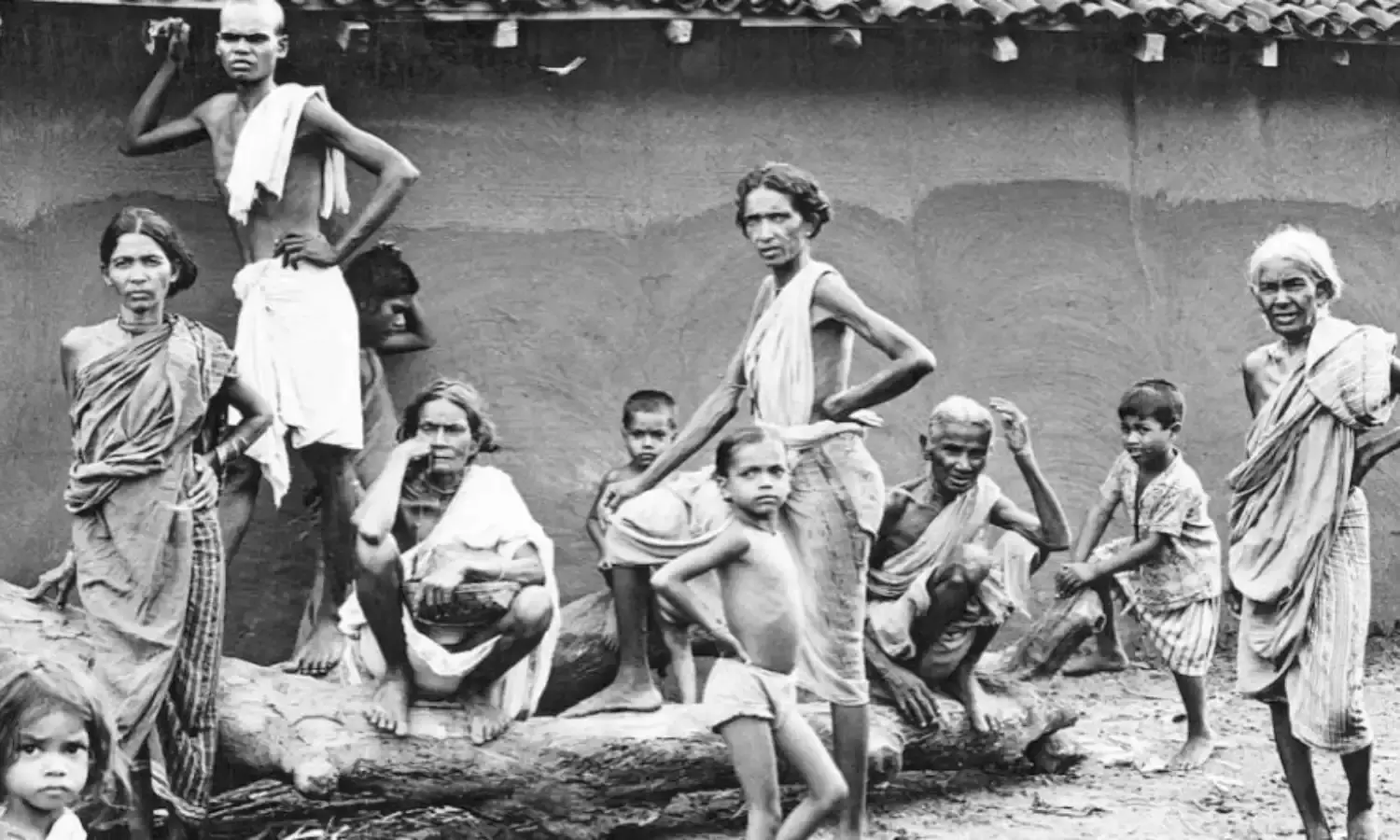Are Political Parties and Democratic Governments for the People?
The success of democracy is not assured

The Indian National Congress celebrated its 135th anniversary recently with the assertion that it is the oldest party in India and has ruled the country for more years than the subsequent parties or alliances. Its current rival the BJP came on the scene later although it participated in national and regional politics earlier as the Jan Sangh party.
As its main ideological base is the RSS, the BJP can claim that it is also almost as old as the Congress. The role of the Congress was a bit different in the British era and it had to change suitably with the emergence of democracy after Independence.
The importance of a political party, which forms an ideology while contesting elections to gain a share of state power, got fresh significance in democracy. Party and government are the two organs which can either work homogeneously or erode unity due to internal differences. They party may either cooperate with the government or create crises periodically by way of internal fighting.
Strong parties with clear and wide-ranging ideologies are a basic need in a successful democracy. From this point of view party leaders and activists have a significant role to play, and should always be aware of their duties and commitment to the people who vote them into representative roles.
Democracy is well defined as being of the people, by the people and for the people. It is normally followed in the first two of these criteria, as people tend to elect some of their fraternity who are contesting. But whether it is for the people is a matter which needs serious analysis and questioning.
Unless democracy is for the people, the other two criteria are ineffective, and people are not satisfied despite their role in forming governments which fail to carry out their pre-election slogans. The periodic agitations in states and countrywide against incumbent governments are indicative of the fact that the success of democracy is not assured.
A political party needs to be sound and united in accepting its ideology. Even though there are differences of opinion before the formation of the ideology, once formed the party activists need to be united to follow their party’s agenda.
Periodical deliberations need to be organised to refresh the agenda and remain in tune with a changing reality: what people are thinking and what needs to be done about their various problems as voiced in the media or more directly. Such deliberations or ‘chintan shihirs’ used to be held in the veteran Congress party.
But of late no such open deliberations seem to have been organised at the state or even national level. The Communist parties had a routine system of holding such deliberations which does not seem to have continued, or is not being kept open to the media.
However, agitations, press releases and statements by collectives or individuals are now common and are being followed by almost all parties. The print and electronic media are holding conferences and deliberations in which all party representatives and government ministers are participating.
Party activists are committed to following party ideology in their routine actions and contacts with people in their allotted areas. They must be cautious about government decisions taken by their own party or their rivals. They should get information about the ground reality of various aspects of social and economic life, and inform their party bosses to help them form their decisions if in the government, or oppose the contrary decisions of opposition party governments.
Activists are also expected to demonstrate against decisions which are inconsistent with the ground reality, or against the lack of proper administrative action or delays in actually following the positive decisions of legislatures and governments.
This is because many positive policy decisions of elected state and central governments suffer from bureaucratic prejudice, faults and delays, or are kept pending for bribery.
The British bureaucracy was unfortunately continued in our country after Independence and we have not changed the foreign culture of the erstwhile Imperial Civil Services.
Colonial governments wanted to keep ordinary people content through bureaucrats so that Indians would not unite to agitate against their rule. Collectors and governors of the era were careful about this, and even when discontent erupted they resorted to the concept of ‘law and order’ to take punitive action against the aggressive and discontented people.
Witnessing incumbent governments’ actions against agitating people by using the police force, the same concept of ‘law and order’ is clearly visible. The same technique is being followed after 70 years as a Republic and no government, no party has changed the system by forcibly turning bureaucrats into servants of the people and not their rulers.
A glimpse of the working style of IAS, IPS, IFS officers as collectors or similar office-bearers, as secretaries in the Mantralay, where government ministers have their offices, or of those nominated to semi-government bodies, brings the realisation that most them are not acting as servants of the people but as ego-centric rulers.
Unless this is changed no democracy will succeed. In democracy the government and state exist for the people.
Prabhakar Kulkarni is a senior journalist based in Maharashtra
Cover photo: The state sponsored Bengal famine in the 1940s



